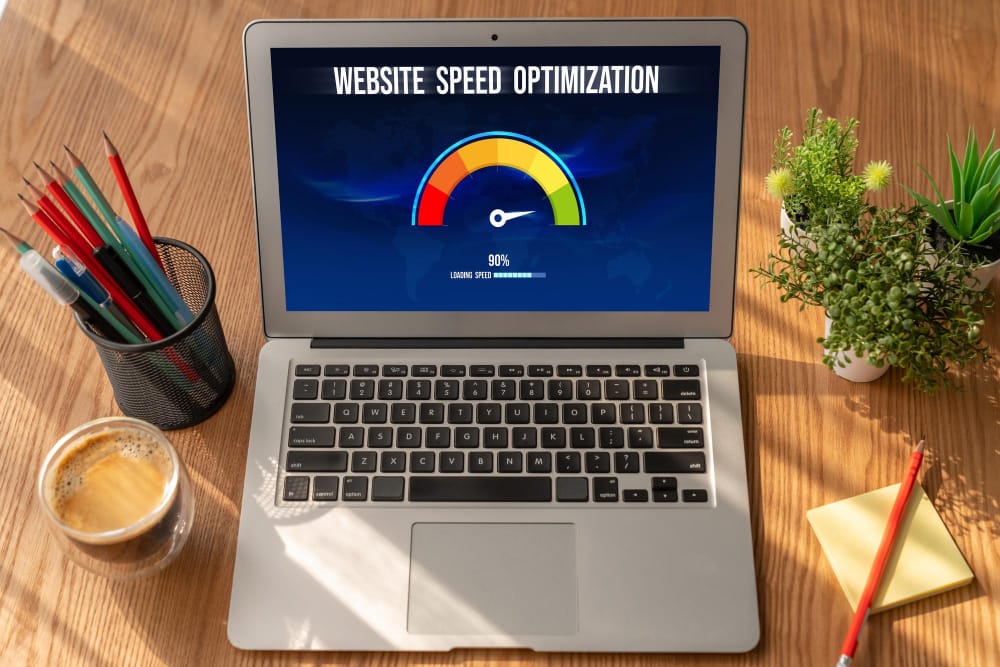
Anyone who owns a website understands how critical a fast-loading website is on the internet realm. Imagine a potential client lands on your business or personal website yearning to explore your content, but has to wait for minutes for your website to load.
The excitement to engage with your websites quickly fades and turns into disappointments and frustration. In return, you lose potential clients who would’ve turned into conversion and negatively impact your website ranking due to an increase in bounce rate.
Slow-performing websites not only drive clients away but also damage your brand credibility and reputation. In this article, we explore five common causes behind your slow-loading website.
1. Your web host provider is not reliable.
A web host is the company or organisation responsible for storing your files and making them accessible to visitors when requested. If your web provider has a low uptime rate, it can take time for your site to load, even if it is well-organised and optimised. Website uptime is the average percentage of time your website servers have been working, and made available to your audience.
Solution:
Upgrade your web host to a reliable, credible provider. Ideally, a reliable web host should have the following qualities:
• Guarantee a 99.98% average uptime.
• Should have intuitive website builders to help you customise and design a professional website.
• Should have positive reviews and testimonials.
• Offer 24/7 responsive customer support.
• Have scalable options to enable you to upgrade your plan when you experience growth.
• Offer robust security features.
2. Big images and video files.
Large images and unoptimised videos and files are the main causes of a slow-performing website. Big images, like high-resolution photographs or infographics, carry a lot of data and can take a long time to load, slowing the speed of your website.
Solution:
• Get rid of any video, images or other unnecessary files.
• Compress and optimise your images to a reasonable size.
• Use modern image formats.
3. Unnecessary plugins and plugin errors.
Plugins are software’s extension that allows you to customise a website and boost its functionality. However, too many and unnecessary plugins can slow down your website loading speed and its overall performance.
Solution:
• Deactivate and uninstall unnecessary plugins.
• Prioritise using lightweight and well-coded plugins.
• Regularly update your plugins.
4. Poor website design and outdated themes.
Poorly designed and unorganised web architecture can drastically slow your website speed. A web design determines how your audience perceives and interprets your brand’s credibility and is pivotal in creating a first impression.
Solution:
• Create a responsive and easy-to-navigate design.
• Optimise your website for mobile.
• Use visually appealing images and colour schemes.
• Include a search bar and a menu to guide your visitors throughout your website.
• Use catchy title tags and Meta descriptions.
5. You haven’t enabled caching.
Caching is a technological feature that enables your audience to store certain parts of your website on their computers. The feature, in return, displays data for returning users instead of downloading it again.
Solution:
Enable caching to allow visitors web browsers to store copies of your website.
Conclusion.
Identifying the common causes behind a slow-loading website and implementing the insight in this guide can drastically improve the performance of your website.
















